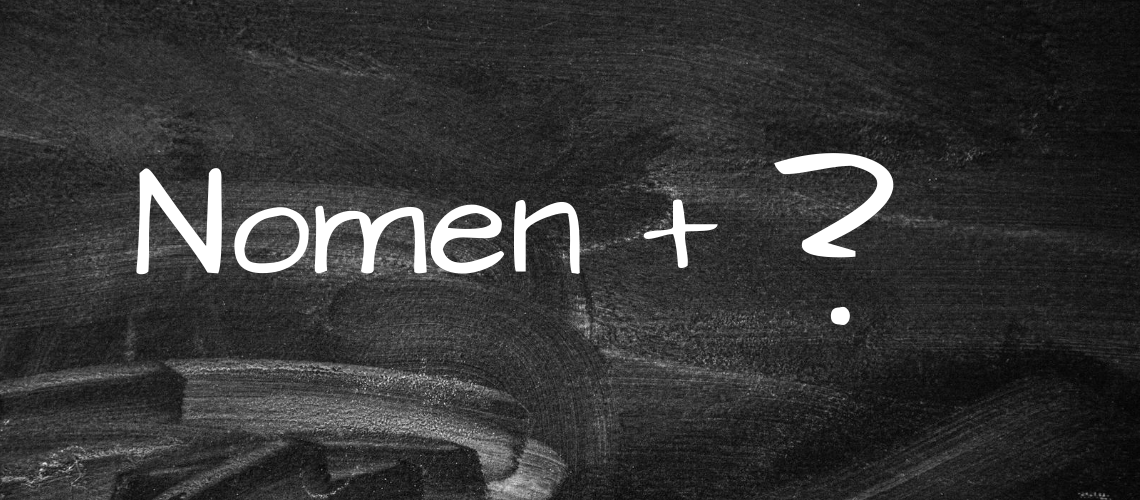
Difficult words - Word monsters in the German language
Now, what is the German language known for? Certainly, for its unpronounceable words, most of which are also incredibly long.
That is why German words are so long
The German language uses noun compounds very often (named "Nomenkomposita“- derives from the Latin word nomen; plural: nomina „the name” and compositum, which means „composed“), and they are the reason why some German words end up being so long. A noun compound is where existing nouns ("Nomen" or "Namenwort") are joined together in order to create a new, longer noun. This is then called Compositum (Kompositum) or just noun compositum (Nomenkompositum).
That way, you can describe objects or people more accurately. A compound noun always consists of at least two words, but there are no limits on how long a word can get. There are composites that consist of five, six or even more single words.
Important to know
In a noun compound, the last noun always determines the genus (grammatical gender) and the numerus (number). In fact, the last word is the subject. All preceding words are additional descriptions that describe the last word in more detail.
Variations
Nouns can be combined with other nouns, for example:
• "Weinflasche“ (wine bottle) > "Der Wein“ (the wine) + "Die Flasche“ (the bottle) = "Die Weinflasche“ (the wine bottle) (that is a bottle containing wine)
or
• "Haustürschlüssel" (front door key) > "Das Haus" (the house) + "Die Tür" (the door) + "Der Schlüssel" (the key).
Have you paid attention and know the correct article of "Haustürschlüssel"? of course "Der Haustürschlüssel".
Other possibilities are: verbs with nouns, adjectives with nouns or adverbs with nouns.
Examples include "Kochlöffel“ (cooking spoon) ("kochen" (to cook) + "Löffel" (spoon)), "Heißluftballon" (hot air balloon) ("heiß" (hot) + "Luft" (air) + "Ballon" (balloon)), or "Nichtschwimmer" (non-swimmer) ("nicht" (not) + "Schwimmer" (swimmer)).
Some compounds have become so tightly fused over time that they have become words in their own right, with their own meaning. For example, a "Taschenrechner" (calculator) is no longer a calculator you put in your pocket, but a portable, small calculating machine. The term "Kindergarten" does not necessarily describe a garden with or for children, but a professional facility that takes care children before they go to school.
Examples
The official longest German word has a whopping 67 letters and reads:
Grundstücksverkehrsgenehmigungszuständigkeitsübertragungsverordnung
Of course, this word is not used very often. More common are monsters like:
• Krankenversicherungsbeitragserhöhung
• Elektrizitätsversorgungsunternehmen
• Hundehaftpflichtversicherung
• Eichhörnchenschwanz
• Sonnenblumenkernbrötchen
• Streichholzschächtelchen
However, a German word does not have to be very long to be unpronounceable, as you can see from the following two examples:
Zwischen([ˈt͡svɪʃn̩])
Schwäche ([ˈʃvɛçə])